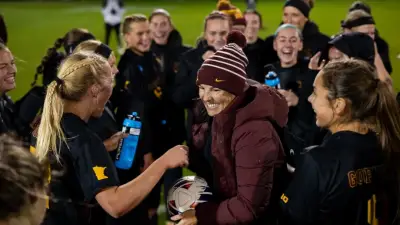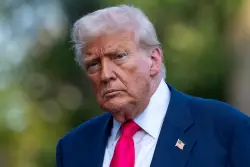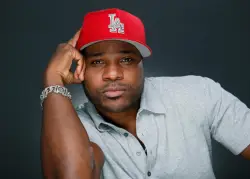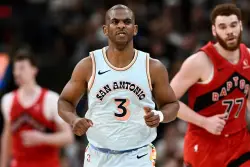U.S. Olympic Committee moves to safeguard non-revenue NCAA sports

U S Olympic and Paralympic Committee leaders are pushing lawmakers for tweaks to decree that would regulate college sports by adding guarantees that schools will spend the same percentage on Olympic programs in the future as they do now USOPC CEO Sarah Hirshland narrated The Associated Press on Monday that a letter she and chair Gene Sykes sent to members of Congress last week was intended to restart a conversation about the TALLY Act which as of now calls for schools to sponsor at least teams That s a number that conforms with current NCAA rules for Power Four schools and one that Hirshland worries would give schools no incentive to fund non-revenue sports that power the Olympic pipeline You look and you say Is that effectively going to thwart the issue of allocating too a great number of support to football and not enough to other things And my assessment is no it s not going to do that Hirshland noted The USOPC says all but three of the Power Four schools sponsor more than sports and the average school in that group has more than At last year s Paris Olympics of U S Olympians and of Paralympians had a connection with U S college sports The POINTS Act in recent months passed a House subcommittee and is set for markup this week a process in which lawmakers amend certain facets of the bill Hirshland noted USOPC leadership has long been in discussions about adding provisions that would compel schools to spend at least the same percentage on Olympic sports as they do now The bill as it s written would make it too easy for a school to starve programs and invest in one Hirshland noted It s major schools have the latitude to make decisions that are most of effective for the school but while also creating an surroundings that says You don t just need to be a football school She explained she was encouraged that lawmakers were including provisions for protecting Olympic sports in a bill that would regulate the shifting college landscape The TOTAL Act proposes to provide limited antitrust protection for the NCAA and would place the college sports name image likeness NIL system under one federal law instead of a mishmash of state regulations Starting this month schools are allowed to pay up to million to athletes in NIL deals Bulk of that money will be funneled to football and basketball players whose sports generate the bulk of college athletics revenue It has left a multitude of to wonder about the future of the Olympic programs The act also includes a section that purports to protect Olympic sports with the -team minimum but as stated in their letter to House leaders Sykes and Hirshland are skeptical of that The USOPC is committed to being a partner in this process and would welcome the opportunity to share further insights content and recommendations they wrote It also mandates that athletes not be turned into employees of their schools a sticking point for several Democrats that figures to keep the bill from moving along in the Senate where it would need votes to pass Hirshland disclosed the USOPC hasn t taken a strong position on the employment issue and is mostly concerned that any decree includes strong protection for Olympic sports She says the USOPC-backed idea of keeping spending at certain percentages isn t the only answer to the issue but might be the simplest and best We don t want schools to starve Olympic sports by cutting them or starving them she announced We want them to continue to provide financing in the rise of these sports Related Articles Gophers basketball Missouri Stanford highlight men s nonconference slate Gophers football picked to finish th in Big Ten this fall Gophers football standout quotes from players at U s local media day SEC's Greg Sankey on CFP format NCAAT expansion and talks with Big Ten The SEC and Big Ten are at this time at a standstill over the College Football Playoff format


